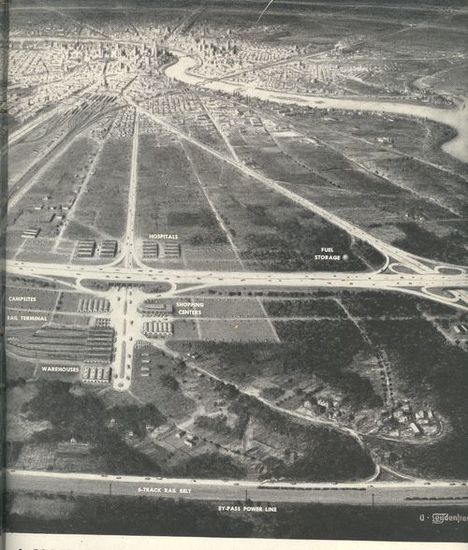To live in metropolitan Southern California is to depend on a series of “life support systems”—such as water provision, sewerage, electricity and logistics—that make urban existence possible. These urban life support systems have been rendered increasingly vulnerable by ecological crises that are unfolding at a planetary scale—such as climate change, biodiversity loss, and the spread of toxic pollution in air, water and food. This initiative draws on the concept of “planetary health” to examine how global environmental crises are reshaping urban life. Through the examination of a set of examples of the interface between urban life and planetary systems, the initiative will make palpable—both for scholars and for a public audience—the ways that our everyday health and wellbeing is affected by ecological crises. The initiative focuses on three sites of interface between health and the environment that are especially salient in Los Angeles: the infrastructure of urban water provision in a period of increasing water scarcity; the energy grid and the dangers of extreme heat; and the relation between air pollution and respiratory illness. We will draw on research on these sites to produce an exhibition prototype that will serve as a model for a larger-scale proposal for external support for a major public humanities project. Our initiative consists of USC faculty in the humanistic social sciences (in American Studies and Ethnicity, Anthropology, Communication and History) as well as health and environmental scientists. “The City on Life Support” draws on existing research infrastructure at the university to build a new, cross-cutting intellectual community to address pressing contemporary challenges in a novel way.
